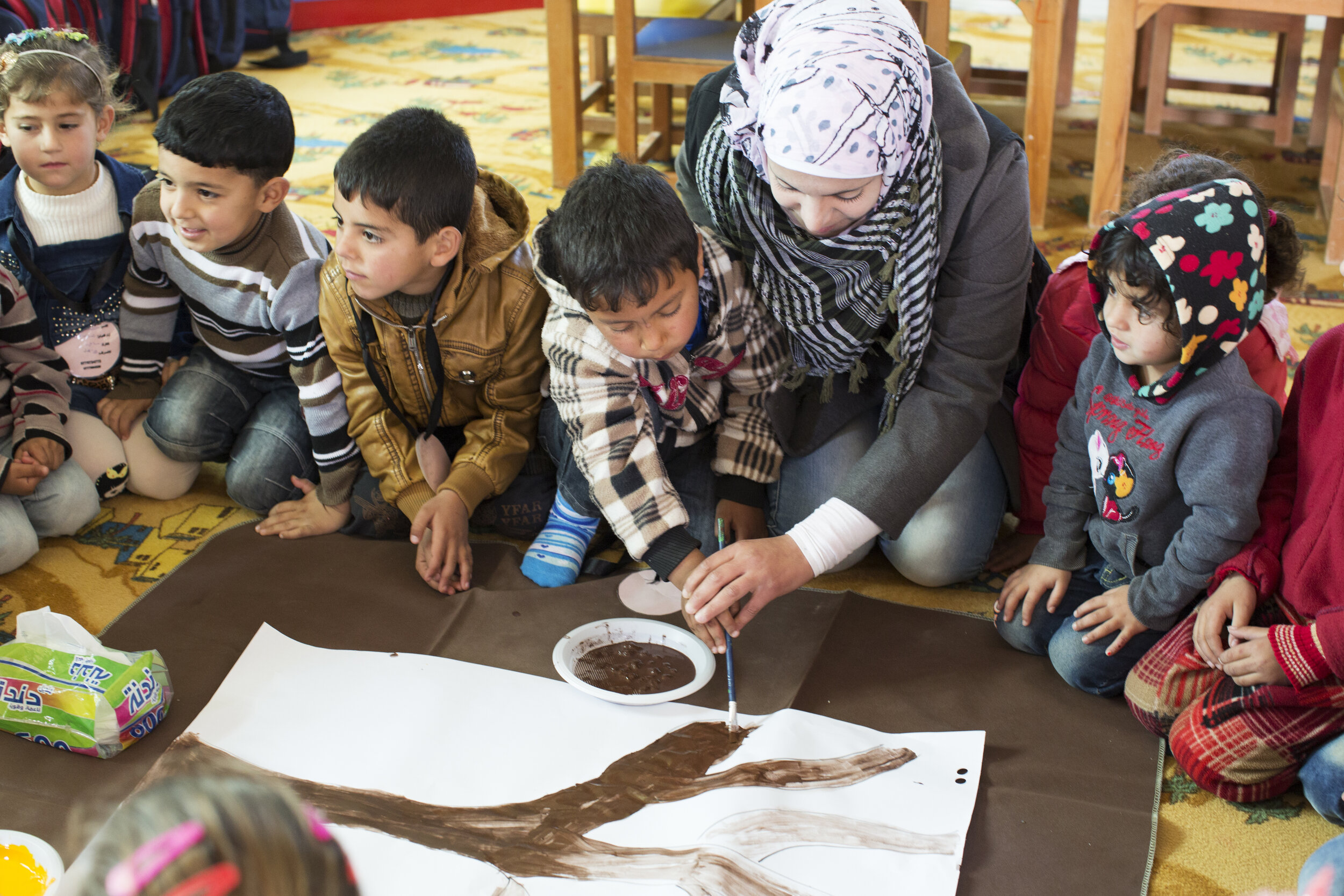
How we work
Declaration
IPNEd’s Declaration is a commitment to change. In signing the Declaration, parliamentarians commit to take action and demonstrate leadership to deliver quality education for all.
Once a parliamentarian has signed our Declaration they become part of our global network of parliamentary champions for education. IPNEd and its civil society partners then support those parliamentarians to help deliver on the commitment they have made.
Download the Declaration:

Our approach
IPNEd’s approach to mobilising political leadership to accelerate quality education for all occurs in four mutually supportive ways:
1. Supporting individual political leaders
IPNEd works with individual parliamentarians supporting them as policy makers, legislators and advocates.
Once a parliamentarian has signed our Declaration they become part of our global network of parliamentary champions for education. IPNEd and its civil society partners then support those parliamentarians to help deliver on the commitment they have made.
2. Collective action and advocacy in national parliaments
Recognising that sustainable reform relies on alliances, IPNEd supports collective action and advocacy by parliamentarians working together.
Where they already exist, IPNEd supports the work of national multi-party groups on education and, where they don’t, IPNEd facilitates the creation of new cross-party groups.
We encourage and facilitate collaboration with national stakeholders outside of parliaments, building broad alliances that support sustained political commitment to, and leadership on, education.
Over time, we are confident that the alliances that we support will play a critical role in delivering inclusive and equitable quality education for all.
3. Regional learning and joint action
IPNEd brings together parliamentarians from across their regions to learn, share ideas, and agree on joint and individual actions that expand and accelerate educational progress.
We promote and share best practices among parliamentarians, including by working with global civil society and multilateral organisations. We also facilitate high-level bilateral visits between parliamentarians to donor and recipient countries.
4. International collaboration for better implementation and accountability
At the global level IPNEd facilitates collaboration of parliamentarians across countries to deliver coordinated messaging, calls for action and improved accountability at international fora.
We empower parliamentarians to have a real voice on the international stage, helping them to hold governments to account for the delivery of commitments they have made.
Theory of Change
IPNEd’s Theory of Change is our framework for mobilising political leadership to accelerate quality education for all. It sets out the transformative impact that parliamentarians working together and in collaboration with local stakeholders can achieve.
MPs have a unique responsibility and platform to help deliver properly-funded systems of education that are high quality, inclusive and accessible to all children and young people. We know however that individual efforts by parliamentarians alone whilst significant, are not sufficient and rarely lead to successful change.
Our Theory of Change recognises that it is only by bringing individual political leaders together, and building broad alliances, that lasting change can be achieved. This not only helps tackle issues that are beyond the capacity of individual parliamentarians to resolve, but also provides a stronger collective voice for action on education.





